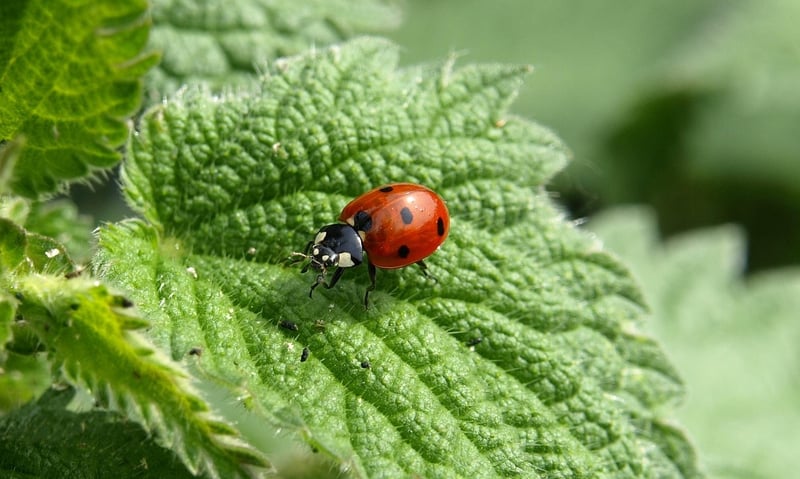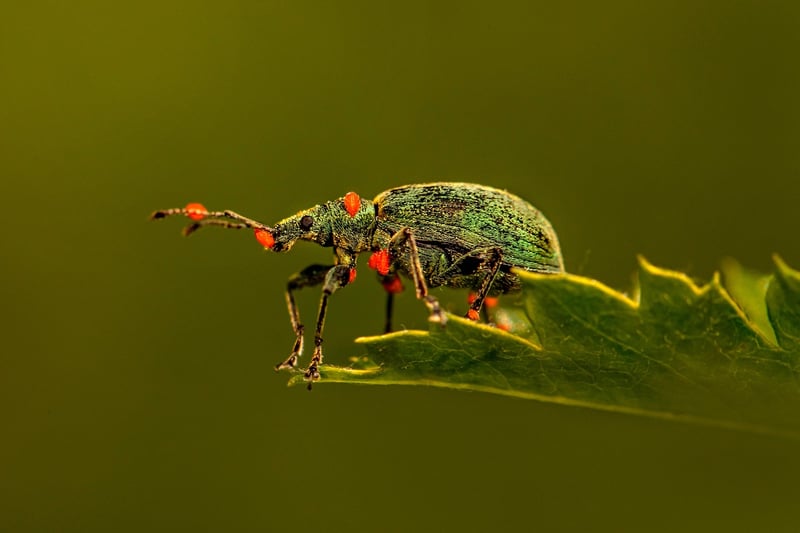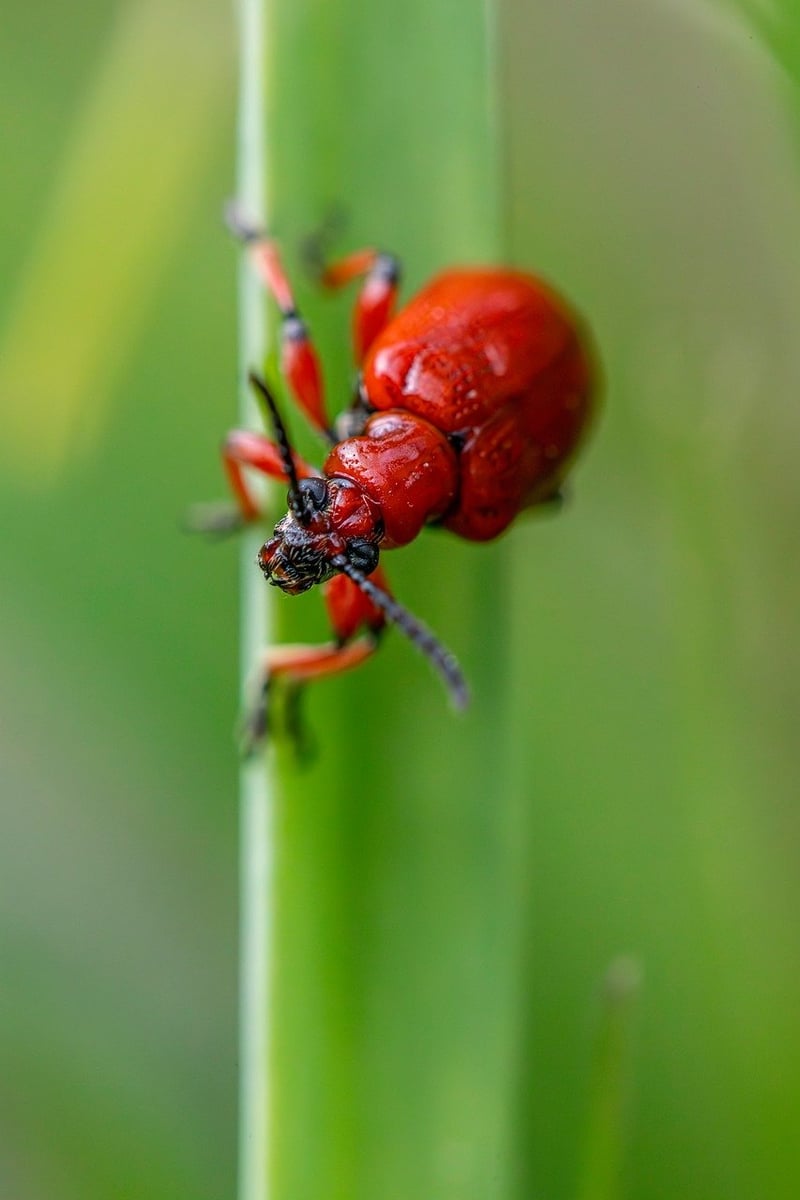Pest Management
Ensuring Plant Health: Effective Pest Management Strategies
Plants are a vital part of our ecosystem, providing oxygen, food, and beauty. To maintain healthy plants, it is essential to implement effective pest management strategies that protect them from harmful insects and diseases.
Identifying Common Plant Pests
Before implementing pest management techniques, it is crucial to identify common plant pests. These can include aphids, mealybugs, spider mites, and caterpillars. Recognizing the signs of pest infestation early can help prevent damage to your plants.
Organic Pest Control Methods
Organic pest control methods are environmentally friendly and safe for plants, animals, and humans. These methods include introducing beneficial insects like ladybugs, using neem oil or insecticidal soap, and practicing crop rotation to reduce pest populations naturally.
Preventive Measures
Preventing pest infestations is key to maintaining plant health. Some preventive measures include keeping the garden clean and free of debris, watering plants properly, and providing adequate sunlight and airflow to promote plant vigor.
Integrated Pest Management (IPM)
Integrated Pest Management (IPM) is a holistic approach that combines various pest control methods to manage pests effectively. This approach involves monitoring pest populations, using biological controls, and only resorting to chemical pesticides as a last resort.
Conclusion
By implementing organic pest control methods, practicing preventive measures, and adopting an Integrated Pest Management approach, you can ensure the health and vitality of your plants. Remember that a healthy garden is a thriving ecosystem where plants can flourish naturally.


